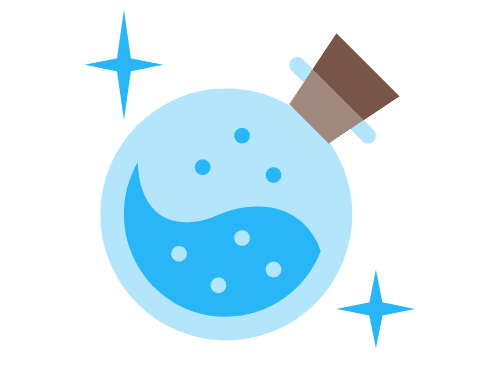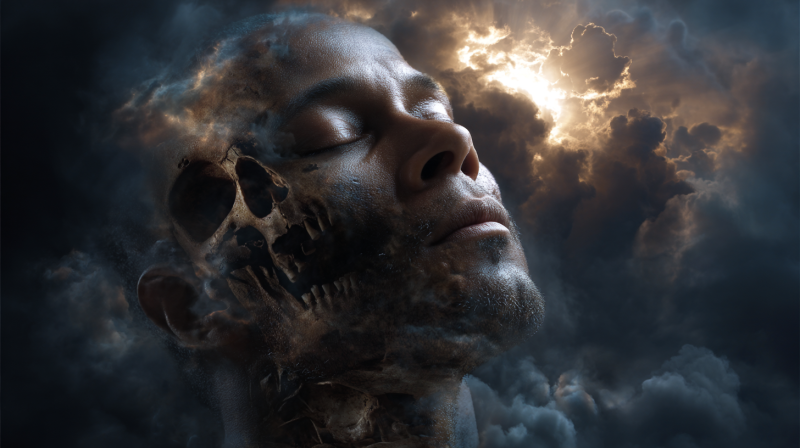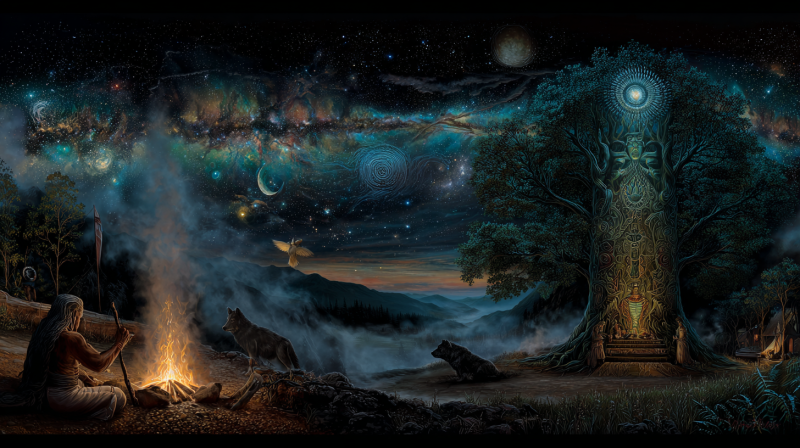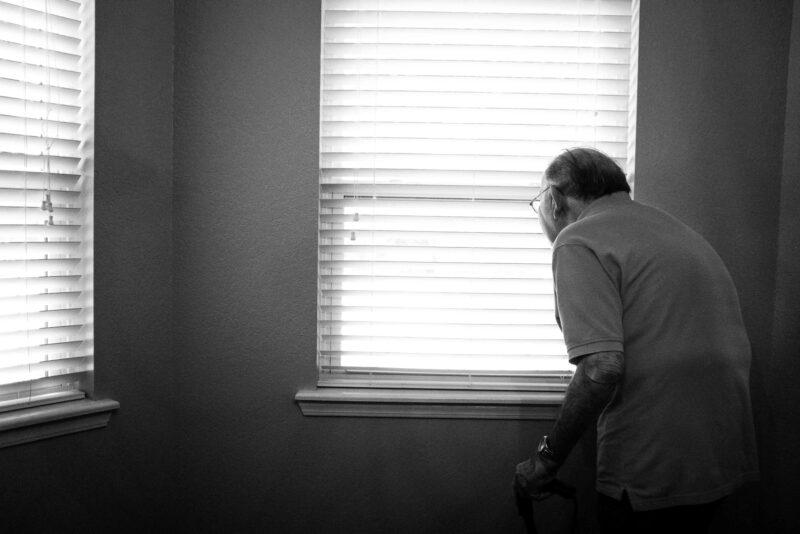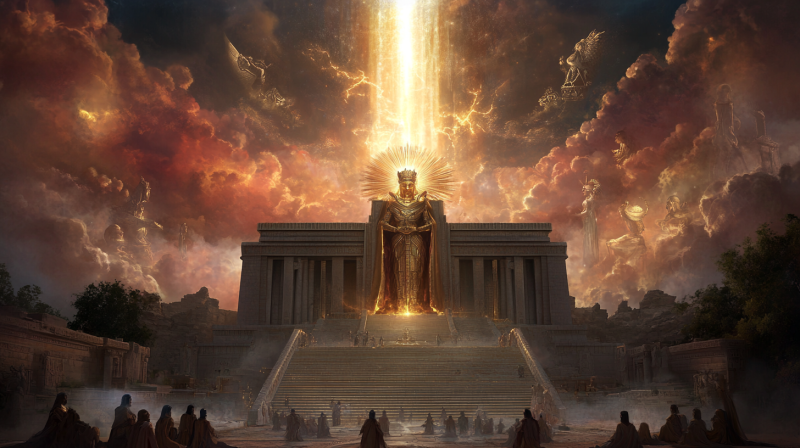The shadow is a moral problem that challenges the whole ego-personality, for no one can become conscious of the shadow without considerable moral effort. To become conscious of it involves recognizing the dark aspect of the personality as present and real. This act is the essential condition for self-knowledge, and it therefore as a rule meet with considerable resistance. These shadows are repressed elements of the personality which we choose not to be identified with. — Carl G. Jung
In the darkest corners of the mind, shadows wait. It is ingrained in our minds and hearts; it is a part of who we are. They come to us in a variety of ways—they stalk us, they frighten us, and they always fit with our lifestyle and our beliefs, or lack thereof. The shadow is more than just an idea or a person’s perception of it. Absolutely true!
There is both brightness and gloom. Could you reject the shadow? Usually, it is your worst trait. There may be a cowardly side to a brave person. A lovely, loving, and caring individual could have a negative side hidden behind all that kindness. even the most kind-hearted. Their grace and eloquence show a bit of their darker side, which makes them respected figures and leaders in many fields.
Do they really know who they are, or are their thoughts, words, and deeds at odds because they have denied their shadow selves? The internal shadow issues they ignore to resolve come to light at the worst possible time; this is not on purpose.
Can the shadow be avoided or disregarded? They are referred to as the devils that wait around every gloomy curve, perilous turn, and battle. When we are at our lowest in life, shadows follow us.
We conceal that aspect of ourselves as we get ready to stand in front of people and present our best selves. If they were suppressed, denied, or hidden, would they simply vanish?
These acts could inadvertently introduce these shadows into our lives.
Do shadows affect our lives in any way? Do they represent anything? Shadows come in a variety of shapes. It is possible to experience temptations, obsessions, addictions, codependency, and other sorts of indulgence. We are completely shocked when shadows that are shrouded in fear emerge from the darkness.
Sometimes it’s possible to discern projections in shadows. It could be an illogical, unexplainable dislike of certain personal traits. We don’t like what we see because it can represent a trait in us that we’d prefer to overlook or aren’t even aware of.
Are you comfortable among your friends? If not, think about why you spend so much time with them. Do you hold them in low regard? Why do you waste your time with them if that is the case?
Do you frequently agree to a compromise that you can’t keep? What about the instances when even the same individual can set you off and make you angry?
On other people’s faces, we occasionally search for our own shadows. They even manage to enter our lives. These hidden shadows could lead us into dangerous territory.
Denial of the shadow factor is hazardous, according to pundits. They believe that the only way to move forward is to face it, deal with it, and resolve the problems it causes.
Everyone must deal with and face their own personal demons; otherwise, they will follow us in less conscious ways. We learn something from the shadow component. We need to look deeper within ourselves and be the best versions of ourselves in order to become aware of it.
We can accept what is good. Work with the bad, recognize the light, and bravely confront the darkness. Allow the innermost anxieties and insecurities to come to the surface. Face the anger that is simmering just beneath the surface.
We have shortcomings. No matter how many dark clouds loom over us or how long the night is, light will certainly break through. We have the chance to improve and take care of our spirits, souls, and lives during these gloomy hours. It helps us stay on track with our final goal.
By striving for more equilibrium, endurance, and perspective, we increase our own personal power and strength.
